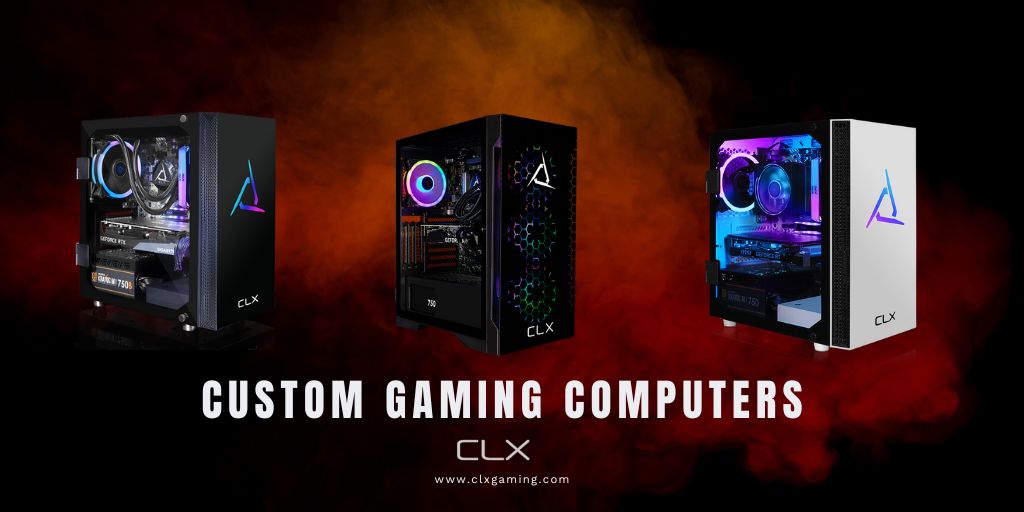If you’ve ever shopped for custom gaming computers, you know how exciting it feels. The thought of getting a machine built exactly to your needs is enough to make any gamer’s heart race.
Here’s the thing, though: scammers know that too. They prey on your excitement, offering deals that are too good to be true or builds that are overpriced yet underpowered.
Before you hand over your hard-earned money, here’s how you can protect yourself and still end up with the rig of your dreams:
Understanding the Custom PC Market
Custom gaming computers can range from budget-friendly builds to luxury powerhouses. Parts vary in quality, price, and performance, which is why the market is full of both legitimate and not-so-legit sellers.
Scammers often lure buyers with flashy marketing, fake benchmarks, or vague specifications. Your first line of defense against them is understanding what makes a PC worth the asking price. The more you know about CPUs, GPUs, RAM, and storage, the harder it is for anyone to fool you.
Spotting Unrealistic Pricing
Did you find a custom PC that’s hundreds of dollars cheaper than similar models elsewhere? Before jumping to the conclusion that you’ve just found an excellent deal, pause and reflect. Sure, sales happen, but scammers often use absurdly low prices to bait buyers. Sometimes, they’ll ship a system with outdated or even defective parts – if they ship out anything at all. It’s completely possible for a scammer to just take your money and disappear.
A quick way to verify if a price is fair is by checking the cost of the components individually from reputable retailers. If the math doesn’t add up, neither does the deal.
Researching the Seller Before You Commit
Another way to avoid getting scammed is to dig into a seller’s background before you trust them to build your PC for you. Look for independent reviews, customer feedback, and proof of completed builds. Be cautious of sellers who only advertise on social media with no verifiable track record.
Reputable builders will be transparent about their process, parts sourcing, and warranties. If the seller dodges questions or can’t provide detailed specifications, consider it a red flag.
Avoiding the Spec Sheet Shuffle
One of the most common scams involves advertising high-end components but swapping them out for cheaper alternatives when building the PC. For example, you might pay for a top-tier graphics card, but receive a much older one that looks similar at first glance.
To avoid this, you can ask for detailed photos of the parts before and after assembly, and request proof of purchase for key components. If possible, meet in person for the handover and inspect the system before making the final payment.
Payment Methods That Protect You
How you pay matters just as much as who you pay. Scammers often push for untraceable payments because it makes it nearly impossible for you to get your money back. Bank transfers, gift cards, or cash leave you with little to no recourse if something goes wrong.
To counter this, stick to payment options that offer buyer protection, like PayPal Goods & Services or credit cards. These methods allow you to dispute a charge if the seller fails to deliver what was promised.
Secure Your Dream Build: Buy Custom Gaming Computers on CLX
Going with a trustworthy and reputable system integrator like CLX is your best bet when shopping for custom gaming computers online. Not only do they allow you full control over your build, they’re also backed by years of experience and come highly recommended and reviewed by major tech publications such as Tom’s Guide, Esquire, Techradar, and more. Virtually build the rig of your dreams today by heading over to the CLX website and using their online Ultimate Configurator tool.
For more information about Custom Pc Builder and Portable Gaming Desktop Please Visit : Cybertron International, Inc


